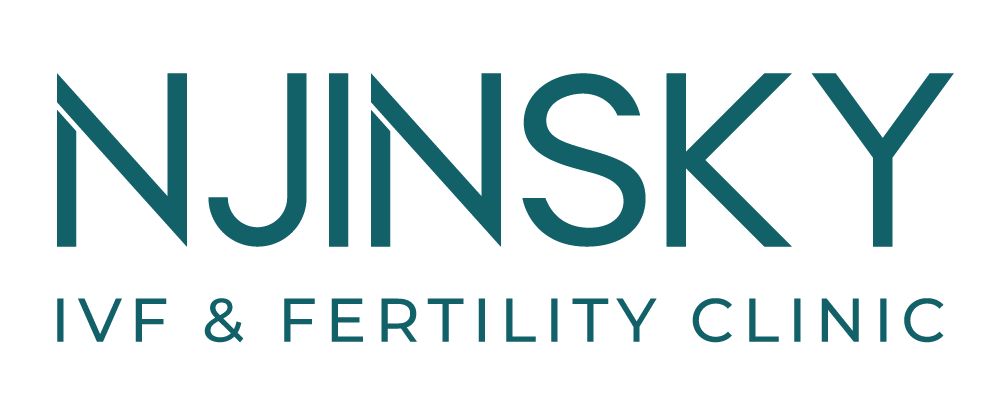Starting a family is a dream for many people, including members of the LGBTQ+ community. With advances in medical science, it has become easier to plan and prepare for parenthood in ways that were not possible before. Fertility Preservation for LGBTQ+ individuals is now an important part of this journey. It helps people keep their biological options open, no matter what life stage they are in or what gender identity they hold.
Understanding Fertility Preservation
The basic meaning of Fertility preservation is that you save eggs, sperm, or embryos so that they can be used for future use. This can be helpful for many people, including those who are undergoing gender-affirming treatments or planning to delay parenthood.
Moreover, for the LGBTQ+ community, this process can provide peace of mind. In addition, It allows individuals to focus on their personal lives and transitions. And they will also know they can still have a biological child later.
LGBTQ Family Planning in the Modern World
LGBTQ Family Planning has changed a lot over the years. Today, there are many options available. For example, same-sex couples can use donor sperm or eggs. Surrogacy is also a choice for those who cannot carry a pregnancy.
However, to make these options work, having stored eggs or sperm can make the process much smoother. This is where fertility preservation plays a big role.
Moreover, early planning means more choices later. The younger the eggs or sperm are when frozen, the better the chances of success in the future.
Transgender Fertility Options
One of the most important uses of fertility preservation is for transgender individuals. Transgender Fertility Options often include freezing eggs or sperm before starting hormone therapy or undergoing surgery.
This is because certain treatments, like testosterone for trans men or estrogen for trans women, can reduce fertility over time. Therefore, acting early can make a big difference.
For example, a trans man can freeze eggs before starting testosterone. Later, these eggs can be used with a sperm donor or partner. Similarly, a trans woman can freeze sperm before estrogen therapy, so she can still have a biological child later.
How Inclusive Fertility Services Help
There is one thing that you need to realize; not all fertility clinics are the same. Very few actually aim to offer Inclusive Fertility Services designed for LGBTQ+ patients. These clinics understand the unique challenges faced by the community. Hence, they provide respectful care and are very clear in their explanations. Furthermore, they have tailored treatment plans.
Moreover, they often work closely with legal experts to help with paperwork for surrogacy, donation, or parenting rights. This support can make the journey less stressful and more empowering.
Emotional Benefits of Fertility Preservation for LGBTQ+
Knowing that you have preserved eggs, sperm, or embryos can reduce anxiety about the future. For many, this means being able to focus on career, relationships, or gender transition without feeling pressured by a biological clock.
Furthermore, it gives couples more flexibility to plan the right time to start a family. This sense of control is empowering and can improve overall emotional well-being.
Financial Considerations
While fertility preservation has many benefits, it can be costly. The price depends on the method, location, and storage time. Some clinics offer payment plans or discounts for LGBTQ+ patients.
Therefore, it’s important to research and compare options. In some countries and regions, insurance may also cover part of the cost.
Legal Aspects to Keep in Mind
For LGBTQ+ parents, legal matters can sometimes be complicated. Fertility preservation is just one step in the process. There may also be legal paperwork for parentage, especially in cases involving surrogacy or donors.
Therefore, working with a clinic that understands LGBTQ+ laws can be a big advantage. This ensures that future parenthood plans are legally secure.
Future Possibilities for LGBTQ+ Parenthood
Medical technology is in an evolutionary phase and is improving every year. Soon, fertility preservation may become more affordable and accessible for everyone.
In the future, there may even be methods to create eggs or sperm from other cells in the body. This could open new doors for LGBTQ+ couples who currently do not have biological options.
Therefore, starting early and keeping up with new developments can help families take advantage of the latest opportunities.
Conclusion
Fertility Preservation for LGBTQ+ individuals is not just a medical service—it is a pathway to building the family they dream of. With the right planning, LGBTQ Family Planning can be more flexible, inclusive, and empowering than ever before.
From Transgender Fertility Options to Inclusive Fertility Services, the possibilities are growing each year. Moreover, acting early can help ensure that parenthood remains an option, no matter how life changes.
For LGBTQ+ people, preserving fertility today means protecting the chance to create a family tomorrow. And that is a step worth considering for anyone who dreams of becoming a parent in the future.



